Nairobi City Market
The Nairobi City Market, sandwiched between Muindi Mbingu Street and Koinange Street, is a favorite with Nairobi residents for its butcheries that offer a wide variety of meat products, from the common beef, goat and chicken, to the less common fish and pork. Perhaps the most attractive part of this market however, is the area occupied by Curio vendors. The crafts market extends from the central part of the building, to the semi-open area behind the main building, off Koinange Street.
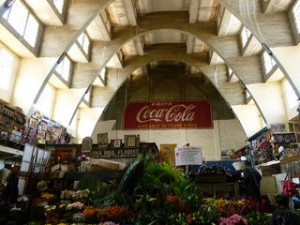
Built in 1930 close to the railway line, which ran along what is now Loita Street, the Nairobi City Market served as the main retail outlet for fruits and vegetables in Nairobi, before the railway line was relocated in the 1940s. The market then diversified over the years into its current mix of businesses and services, while Wakulima Market on Haile Selasie Avenue became the main distribution point for fruits and vegetables for the city.
Besides the craft market and butcheries, you’ll also find florists at Nairobi City Market, with flower arrangements for all occasions from general office decorations, weddings to funerals. A section of the market also has restaurants serving local dishes like Nyama Choma for the city’s lunchtime crowds.
This market is a Nairobi City County Government facility.
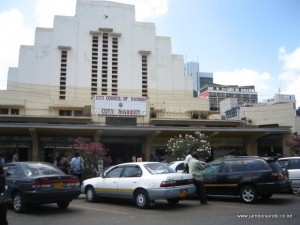
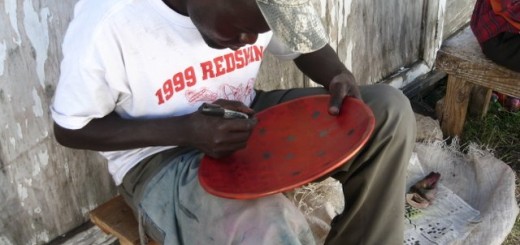
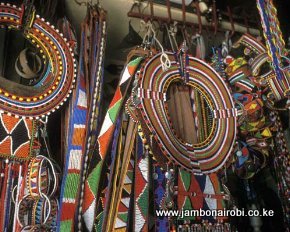
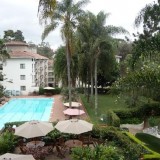


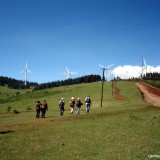

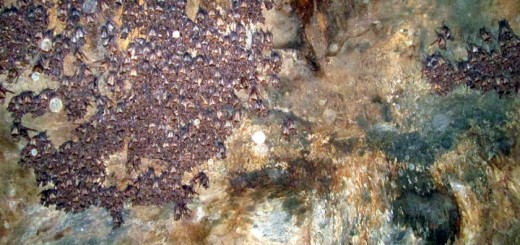
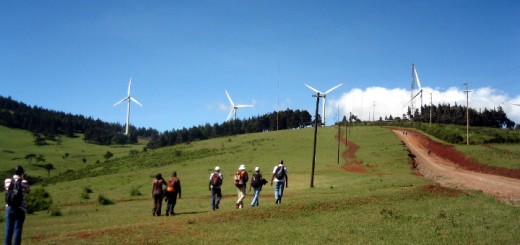


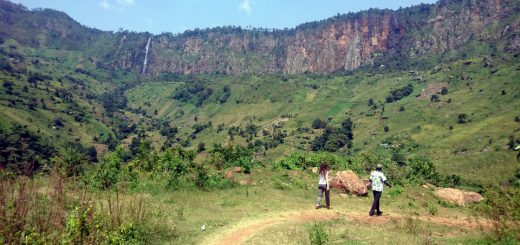


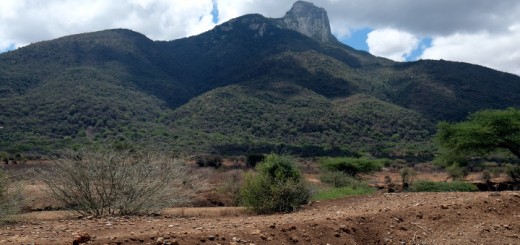
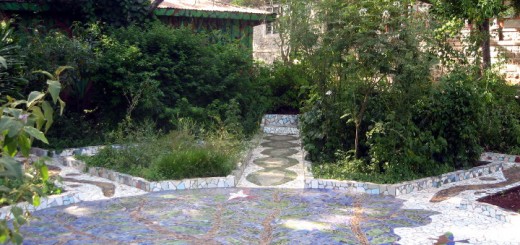
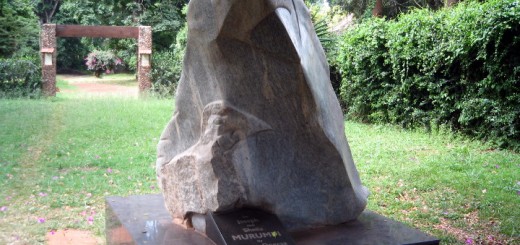
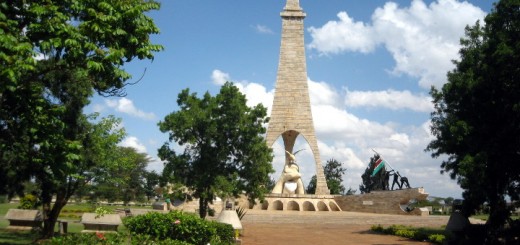
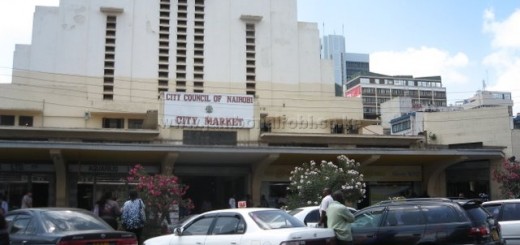
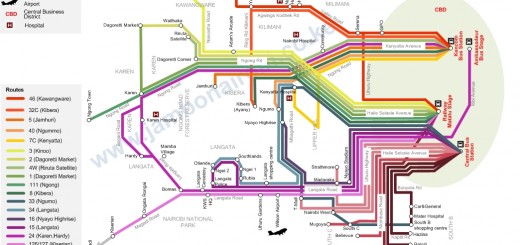
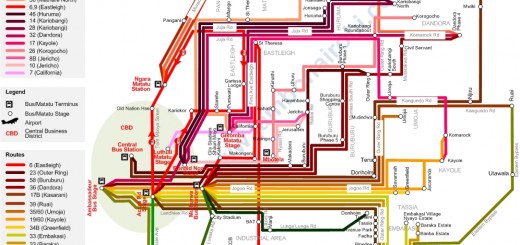
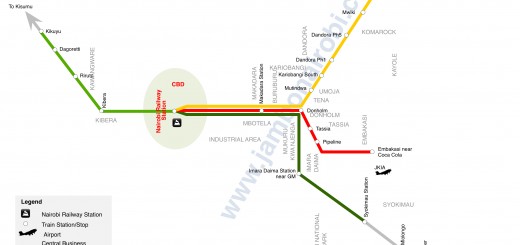
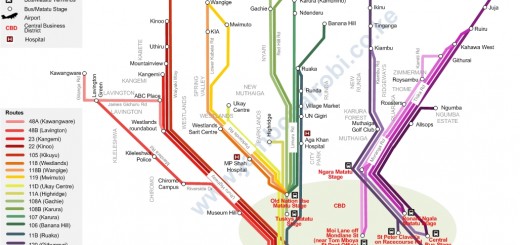
I have been to the City Market in Nairobi Kenya and I absolutely loved it. I went there three times in my 10 day mission trip and bought a whole suitcase and carry on bag full of suvioneers. I bought authentic hand made Dashiki men’s shirts and Dashiki women’s dresses for myself, Hand carved soap stone chess sets for my nephew’s, jewelry, African sandals, and all of the items I bout have held up to the highest had made standards. I definitely am planning to go there a few times again when I bring my New husband to Nairobi Kenya this summer July 12, 2015 If you ever go to Nairobi go there it is a true experience you will regret missing. Aside from that you will be supporting poor families make an income to provide for their family. Most Africans earn about $ 60.00 a month income enough to pay rent, but not enough to buy essential food and cloths for their children and themselves.
Wish to know if indeed its a gazetted monument and if the gazett notice to that effect